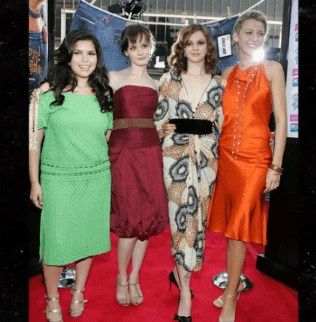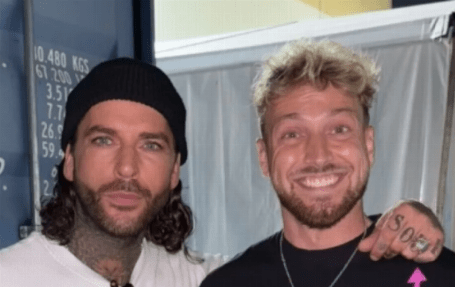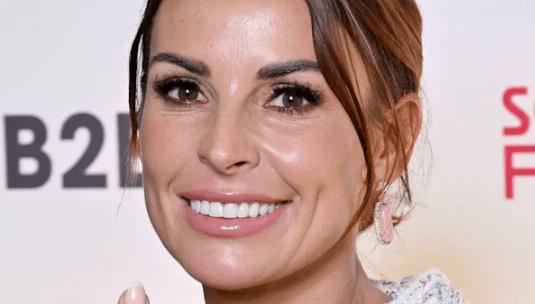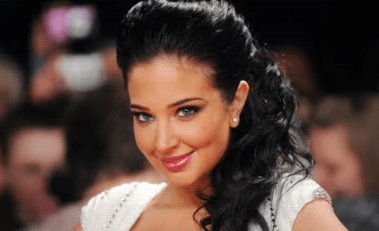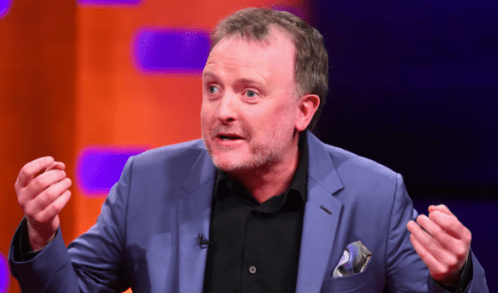In a significant moment that marked the twilight of his public duties, Prince Philip, the Duke of Edinburgh, undertook what would be one of his last major interventions regarding the royal family.
This incident, involving his son Prince Andrew, emerged in the aftermath of a controversial and widely criticized interview that Andrew gave to the BBC’s Newsnight program.
The repercussions of this interview rippled through the royal family and ultimately led to Andrew stepping back from his royal duties,
a decision that was heavily influenced by the 98-year-old Duke of Edinburgh. As the story has unfolded, it has been dramatized in the production “A Very Royal Scandal,”
which seeks to portray the complex dynamics and challenges faced by the royal family during this tumultuous period.
The background of this situation is rooted in Prince Andrew’s association with Jeffrey Epstein, a convicted sex offender, which has brought intense scrutiny and public outrage.
When Andrew appeared on Newsnight in November 2019, he intended to clarify his relationship with Epstein and refute allegations made against him. However, the interview quickly backfired.
Andrew’s demeanor, coupled with his responses to the probing questions, left many viewers bewildered and unsatisfied. His attempts to assert his innocence came off as unconvincing,

and the public backlash was swift and severe. In the wake of this disastrous appearance, it became clear that the fallout would have lasting consequences for his role within the royal family.
Prince Philip, known for his straightforwardness and sense of duty, was reportedly deeply troubled by the events that unfolded during the interview.
Having spent a lifetime in public service and as a stalwart supporter of the monarchy, he understood the implications that such a scandal could have on the royal family’s reputation.
His concerns were not just about his son but also about the institution itself, which he had dedicated himself to throughout his life.
As the family grappled with the crisis, Philip felt compelled to take action to protect the monarchy from further damage.
The decision for Prince Andrew to step back from public duties was not made lightly. It involved family discussions and a careful consideration of the royal family’s image and responsibilities.
Prince Philip’s role in this decision was crucial; he urged Andrew to withdraw from royal engagements to help mitigate the scandal’s impact.
This intervention highlighted Philip’s deep commitment to the monarchy and his desire to preserve its integrity, even as he faced his own health challenges in the later years of his life.

The dramatization of these events in “A Very Royal Scandal” offers an intriguing look into the family dynamics at play. By portraying Prince Philip’s insistence that Andrew step back, the production emphasizes the tension within the royal family as they navigated an unprecedented crisis. The show aims to provide audiences with an understanding of the personal and institutional pressures that the royals faced, exploring themes of loyalty, duty, and the complex relationships among family members.
The portrayal of this moment in history raises questions about the broader implications for the royal family and the monarchy itself. As public figures, the royals are often expected to embody a certain standard of conduct, and any deviation can lead to public relations disasters. In this case, the fallout from Andrew’s interview not only affected him personally but also threatened the very foundation of the monarchy. The decision for him to step back was seen as a necessary measure to restore some semblance of stability.

Additionally, the incident sparked widespread media coverage, drawing attention to the challenges the royal family faces in maintaining its relevance and credibility in a rapidly changing society. The relationship between the monarchy and the media has always been fraught, but this particular situation demonstrated how quickly public opinion can shift, especially in the age of social media. As narratives are crafted and reshaped in real time, the royals must navigate a complex landscape that demands transparency and accountability.

In conclusion, Prince Philip’s last significant intervention regarding Prince Andrew serves as a poignant reminder of the complexities of royal life and the weight of family responsibility. His insistence that Andrew step away from public duties after the disastrous Newsnight interview underscores the deep commitment he had to the monarchy and the values it represents. The dramatization of these events in “A Very Royal Scandal” not only sheds light on the personal dynamics of the royal family but also invites viewers to reflect on the broader implications of public duty and personal conduct. As the royal family continues to evolve and adapt to contemporary challenges, this moment serves as a critical chapter in their ongoing narrative, illustrating the delicate balance between tradition and modernity that defines the institution today.
Follow us to see more useful information, as well as to give us more motivation to update more useful information for you.

